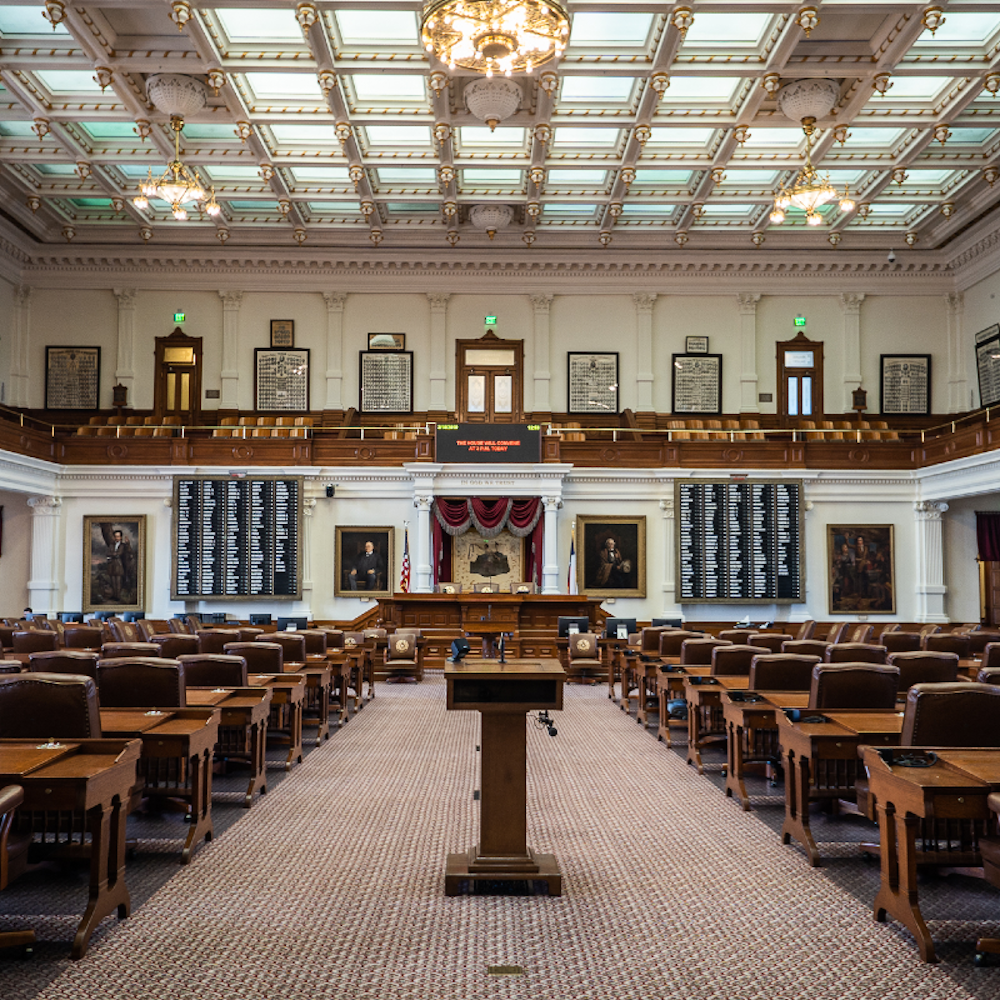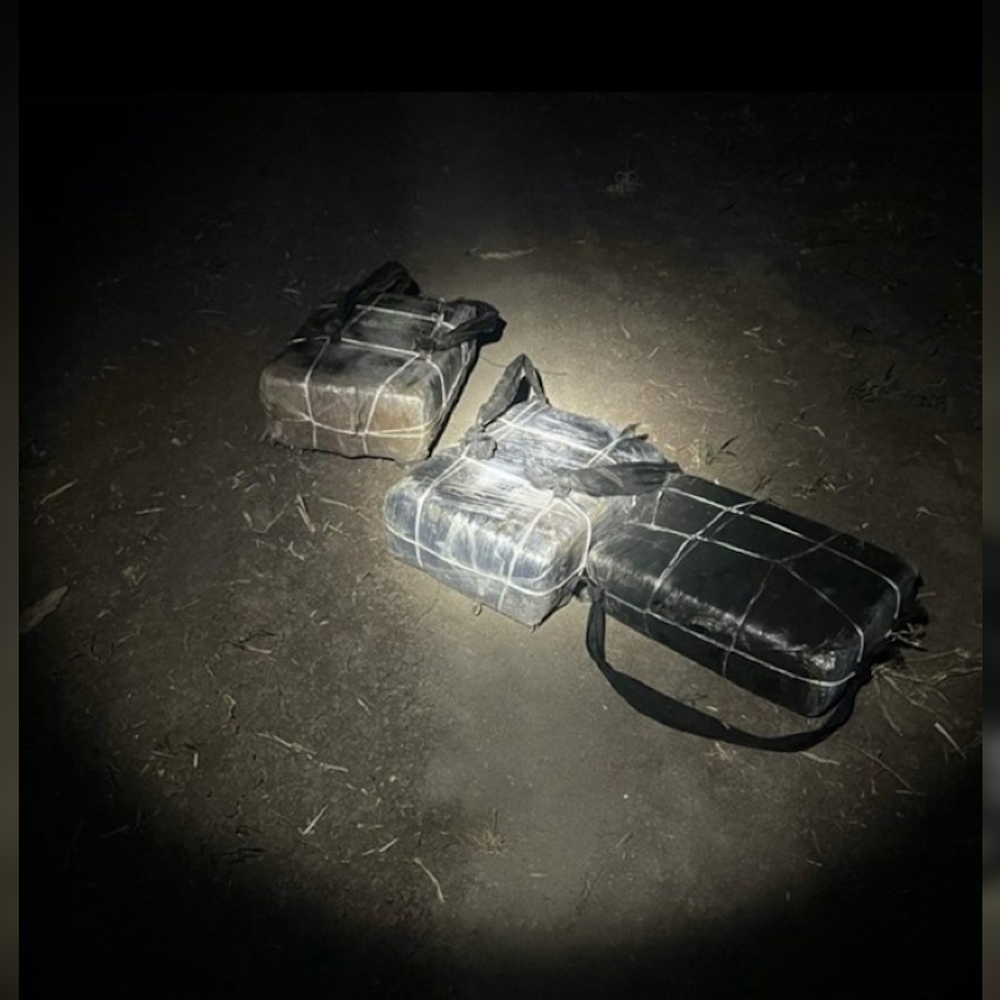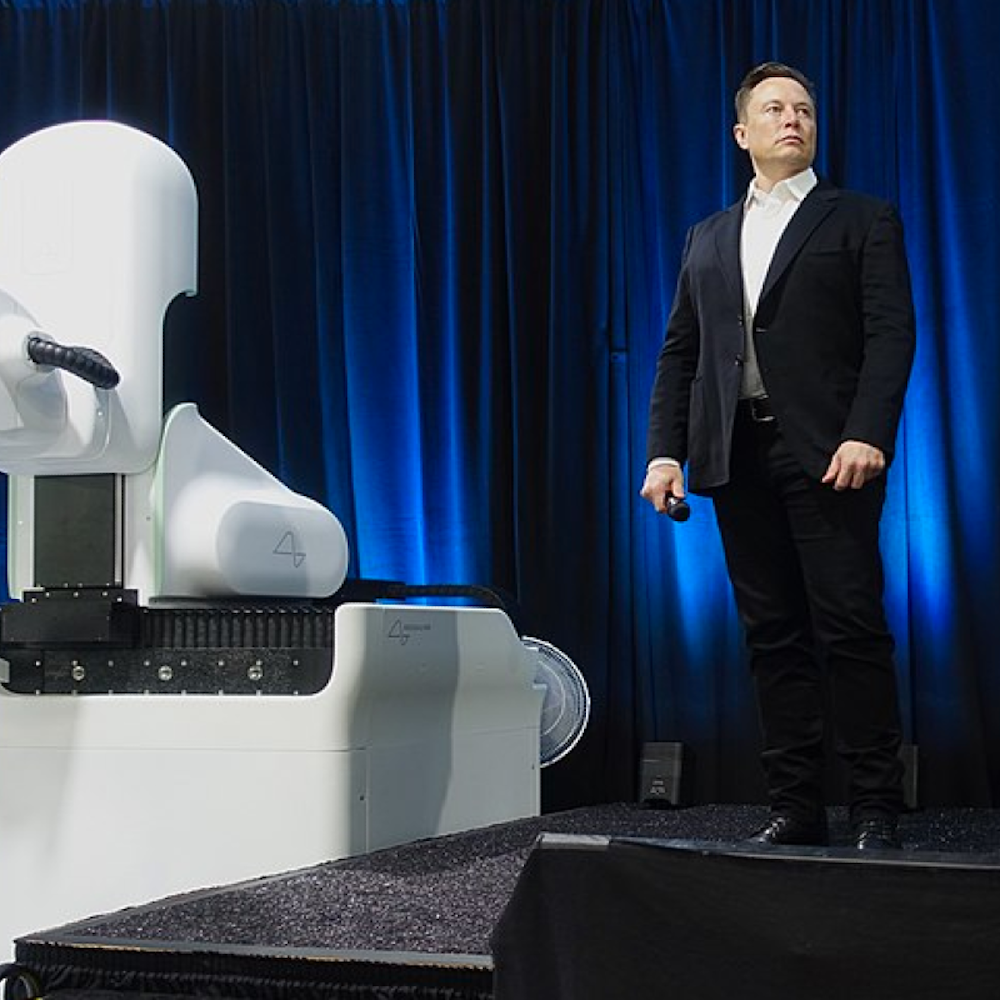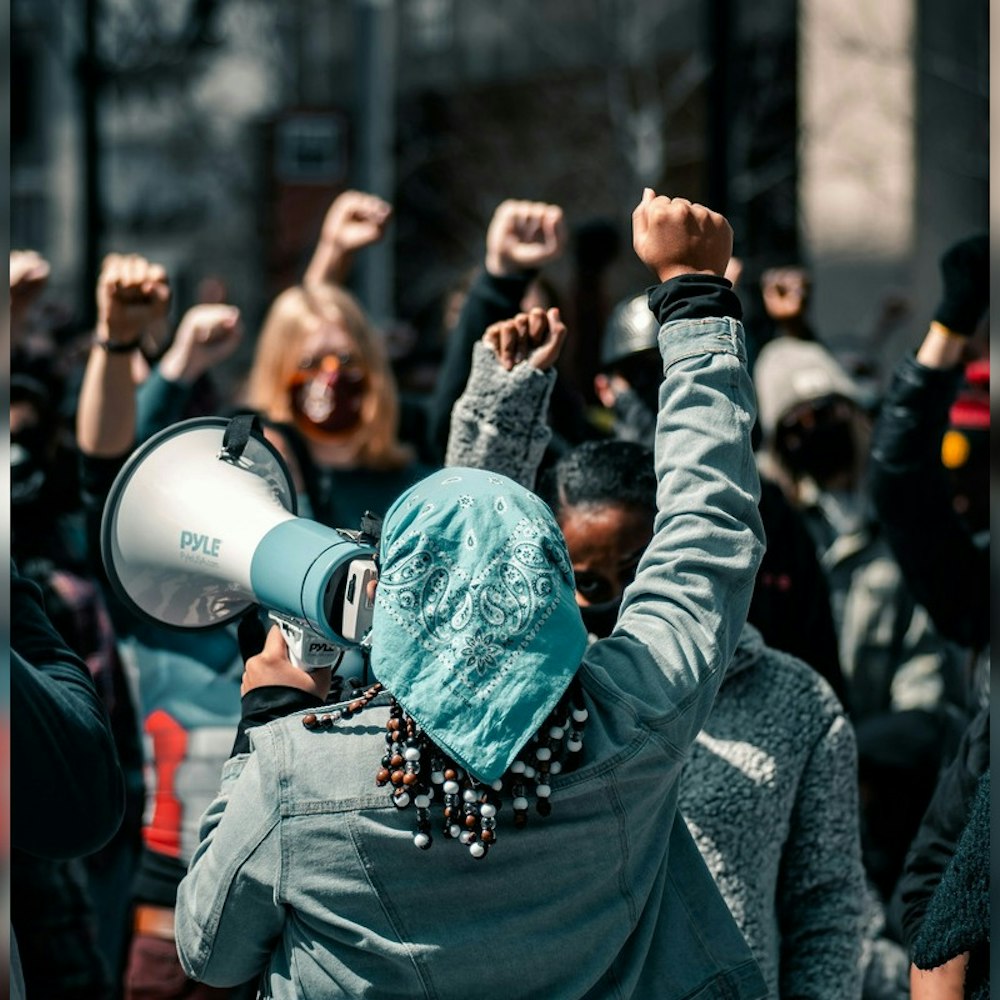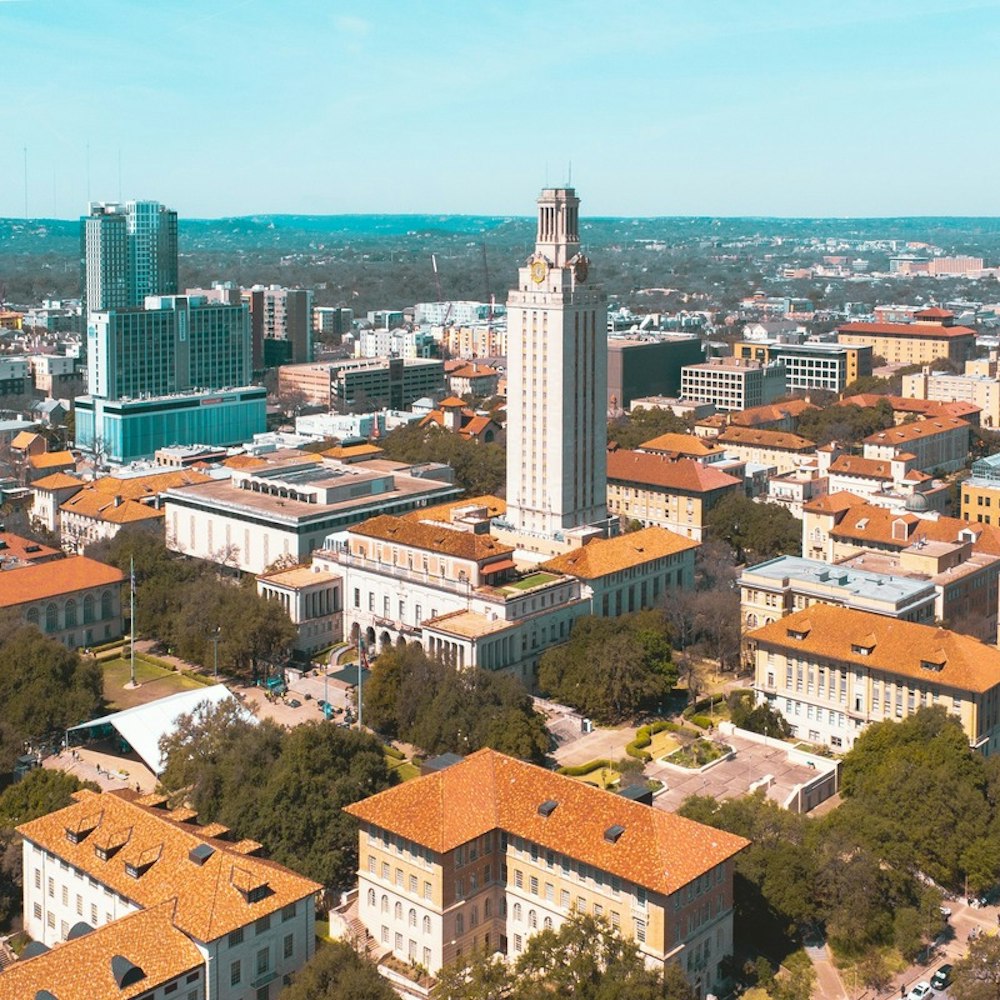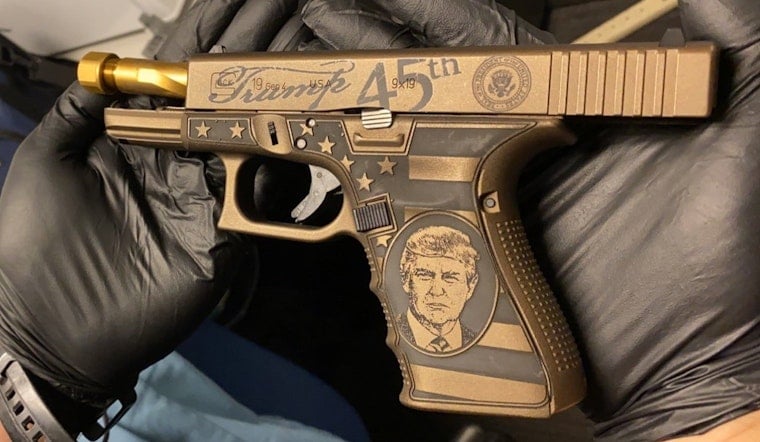
A South Side Chicago man has been sentenced to three years imprisonment for the possession of a gun engraved with former President Donald Trump's likeness, this distinctive piece among a cache of firearms frequently surfacing in the city's sprawling mayhem, the Chicago Tribune reports. The 9 mm Glock 19, discovered beneath a mattress during a parole check at Sheldon Bains' residence, was not just another illegal firearm; it bore the embossed image of Trump, inscriptions of "Trump 45th," the presidential seal, and the slogan "Keep America Great!".
The gun had been stolen months earlier from Bains' relative, Charles Johnson who bought the gun because it was one-of-a-kind telling jurors, "It just stood out to me," in testimony mentioned by the Tribune. Following a mistrial that arose due to untimely disclosed interviews of Johnson who initially claimed Bains stole the gun from him, which has launched widespread discussion over one's liability associated with possessing such symbolically charged weaponry. While Bains claimed ignorance over the gun's presence, he was later recorded asking his nephew to take the blame, asserting "They can't charge both of us." — the conversation resulting in Judge Mary Rowland's rebuke, admonishing Bains to set a better example rather than drag the youth further into a life mired in delinquency, this while he stood clad in orange jail apparel.
Similar guns have populated recent headlines with Fox 32 Chicago reporting the seizure of a gold-colored Glock 19 Gen 4 with Trump's portrait during the Fourth of July weekend in a horde of 17 firearms confiscated by the Chicago Police Department; an enforcement victory they heralded on social media as "outstanding work," showcasing the increasingly complex interplay between politics and street firepower.
During sentencing, Judge Rowland balanced the condemnation of Bains' attempt to manipulate his nephew with an acknowledgment of his troubled history with gun violence, citing his four gunshot wounds and familial losses, meanwhile attorneys for Bains painted the picture of Johnson as an untrustworthy figure, who though immunized by prosecutors for his testimony, had peddled numerous weapons onto Chicago's streets — one of which was implicated in the shooting of a city firefighter, illustrating that behind these guns lie webs of deceit as dense as the etchings on their metal.
Despite Bains' apologies and expressed weariness with his cyclical incarcerations, his guilty plea underscored a narrative where contrition meets the stark reality of recidivism entrenched in urban epicenters; the intersect of gun culture and the personal brand of a polarizing political figure, manifesting in the brass and black of a handgun that, much like the former president's relentless claims of a stolen election, captures the volatile blend of infamy and allegiance.
